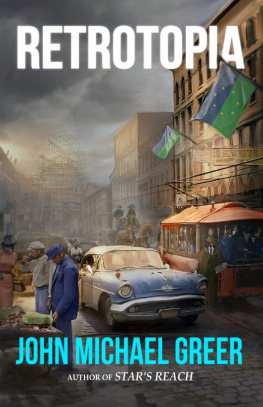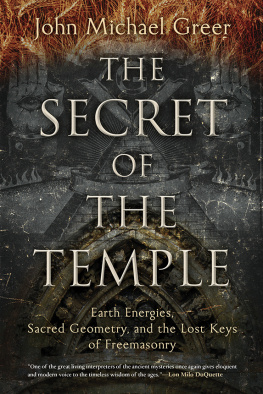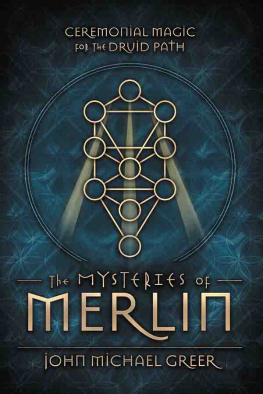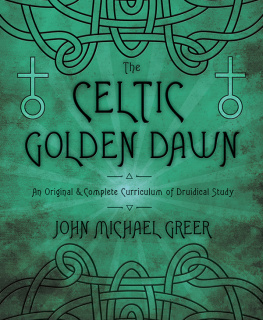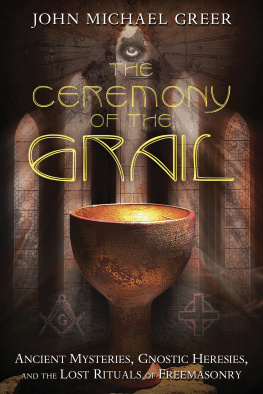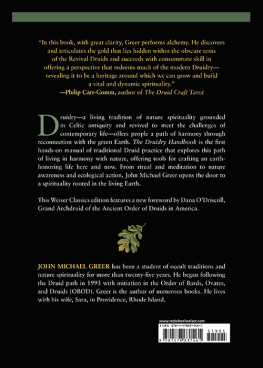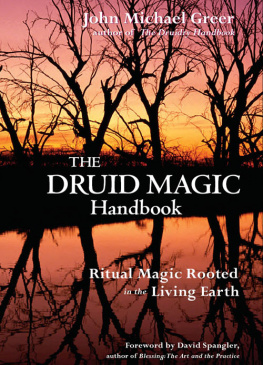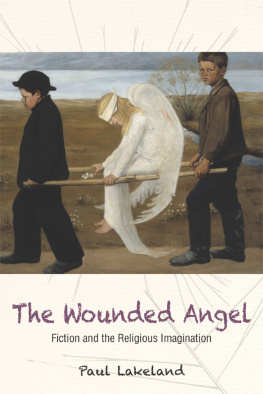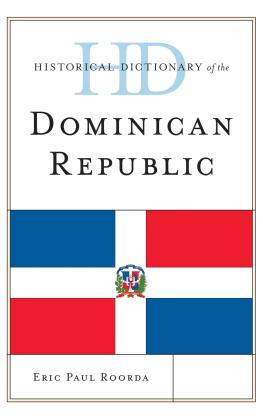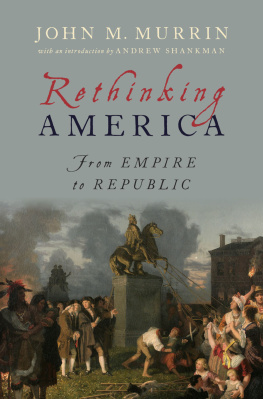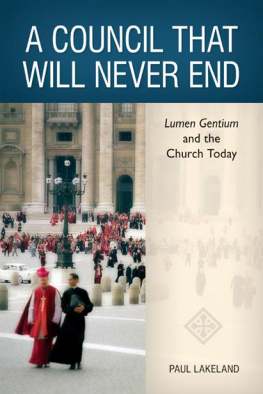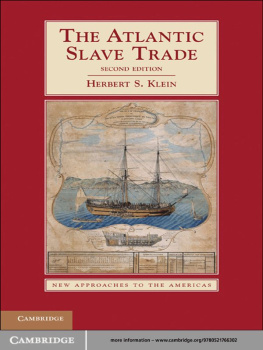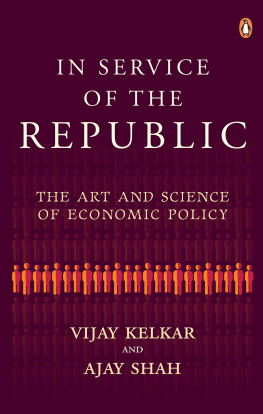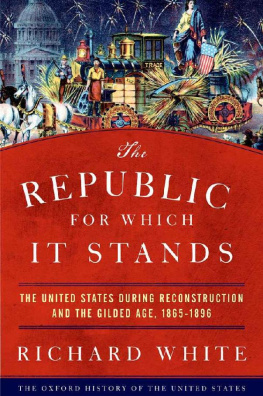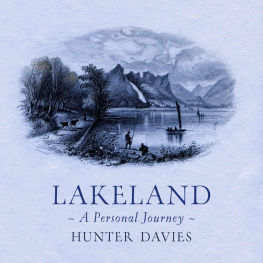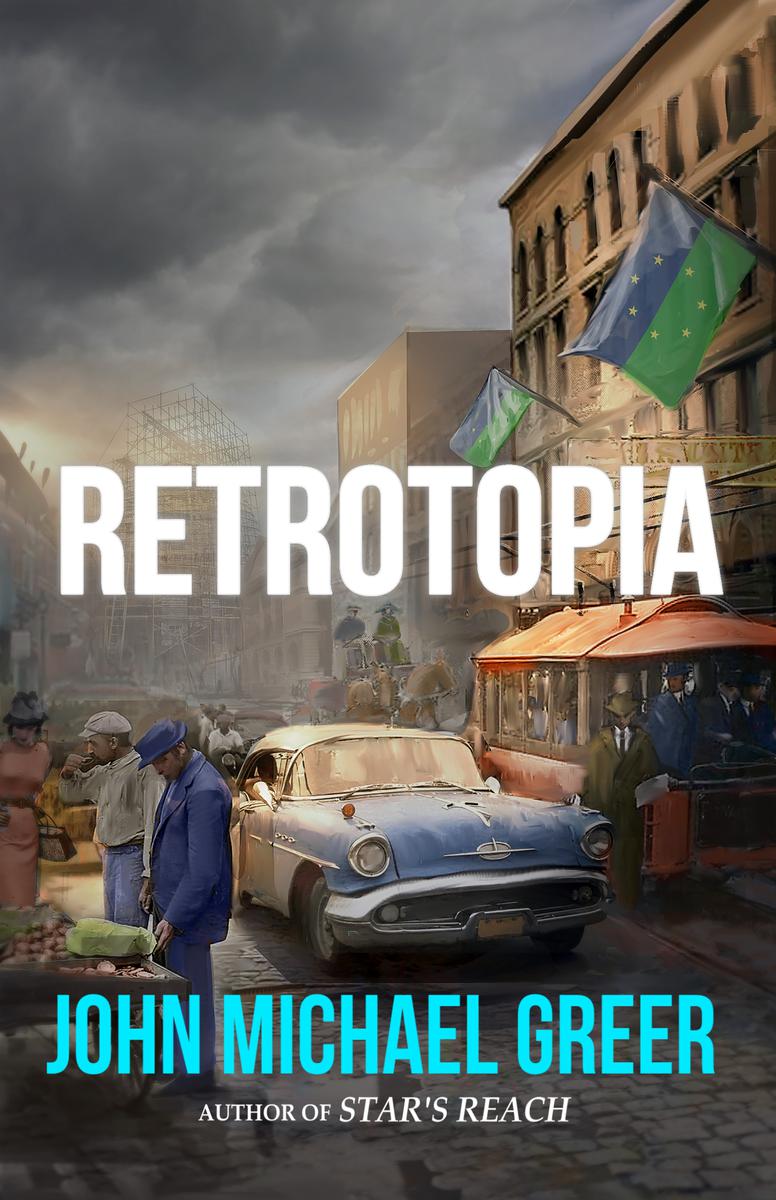
ONE
I got to the Pittsburgh station early. Itwas a shabby remnant of what must once have been one of those grandold stations you see on history vids, nothing but a bleak littlewaiting room below and a stair rising alongside a long-defunctescalator to the platforms up top. The waiting room had fresh painton the walls and the vending machines were the sort of thing youdfind anywhere. Other than that, the whole place looked as though ithad been locked up around the time the Second Civil War broke outand the last Amtrak trains stopped running, and sat there unusedfor forty years until the border opened up again.
The seats were fiberglass, and must havebeen something like three quarters of a century old. I found onethat didnt look too likely to break when I sat on it, settleddown, got out my veepad and checked the schedule for the umpteenthtime. The train I would be riding was listed as on time, arrival5:10 am Pittsburgh station, departure 5:35 am, scheduled arrival inToledo Central Station 11:12 am. I tapped the veepad again, checkedthe news. The election was still all over the placePresidentBarfields concession speech, followed by a flurry of op-ed piecesfrom various talking heads affiliated with the Dem-Reps about howbad Ellen Montrose would be for the country. I snorted, paged on.Other stories competed for attention: updates on the wars inCalifornia and the Balkans, recaps on the Progresso IVsatellite disaster, bad news from the commodity markets about theongoing copper shortage, and worse news from Antarctica, where yetanother big ice sheet had just popped loose and was drifting northtoward the shipping lanes. I shook my head; the last thing weneeded was another bad melting season and more of the Atlanticcoast flooded with salt water.
While the news scrolled past, otherpassengers filed into the waiting room a few at a time. I couldjust make them out past the image field the veepad projected intomy visual cortex. Two men and a woman in ordinary bioplasticbusinesswear came in and sat together, talking earnestly about someinvestment or other. An elderly couple whose clothes made them looklike they came straight out of a history vid sat down close to thestair and sat quietly. A little later, a family of four in clothingthat looked even more old-fashionedMom had a bonnet on her head,and I swear Im not making that upcame in with carpetbag luggage,and plopped down not far from me. I wasnt too happy about that,kids being what they are these days, but these two sat down and,after a little bit of squirming, got out a book each and startedreading quietly. I wondered if theyd been drugged.
A little later, another family of four camein, wearing the kind of cheap shabby clothes that might as wellhave the words urban poor stamped all over them, and hauling bigplastic bags that looked as though everything they owned wasstuffed inside. They looked tense, scared, excited. They sat bythemselves in a corner, the parents talking to each other in lowvoices, the kids watching everything with wide eyes and sayingnothing. I wondered about them, shrugged mentally, went back to thenews.
Id finished the news and was startingthrough the days textmail, when the loudspeaker on the wallcleared its electronic throat with a hiss of static and said,Train Twenty-One, service to Toledo via Steubenville, Canton andSandusky, arriving at Platform One. Please have your tickets andpassports ready. Train Twenty-One to Toledo, Platform One.
I tapped the veepad to sleep, stuffed it inmy pocket, got out of my seat with the others, climbed the stairsto the platform. The sky was just turning gray with the first hintof morning, and a sharp wind hissed through the roof supports; thewhistle of the train sounded long and lonely in the middledistance. I turned to look. Id never been on a train before, andmost of what I knew about them came from history vids and theresearch Id done for this trip. Based on what Id heard about mydestination, I wondered if the locomotive would be a rattletrapantique with a big smokestack pumping coal smoke into the air.
What came around the bend into view wasntmuch like my momentary fantasy, though. It was the sort oflocomotive youd have found on any American railroad around 1950, abig diesel-electric machine with a blunt nose and a single bigheadlight shining down on the track. It whistled again, and thenthe roar of the engines rose to drown out everything else. Thelocomotive roared past the platform, and the only thing thatsurprised me was the smell of french fries that came rushing pastwith it. Behind it was a long string of boxcars, and behind those,a baggage car and three passenger cars.
The train slowed to a walking pace and thenstopped as the passenger cars came up to the platform. A conductorin a blue uniform and hat swung down from the last car. Ticketsand passports, please, he said, and I got out my veepad, woke it,activated the flat screen and got both documents on it.
Physical passport, please, the conductorsaid when he got to me.
Sorry. I fumbled in my pocket, handed itto him. He checked it, smiled, said, Thank you, Mr. Carr. Youprobably know this already, but youll need a paper ticket for thereturn trip.
Ive got it, thanks.
Great. He moved on to the family with theplastic bag luggage. The mother said something in a low voice,handed over tickets and something that didnt look like a passport.Thats fine, said the conductor. Youll need to have yourimmigration papers out when we get to the border.
The woman murmured something else, and theconductor went onto the elderly couple, leaving me to wonder aboutwhat Id just heard. Immigration? That implied, first, that thesepeople actually wanted to live in the Lakeland Republic, andsecond, that they were being allowed in. Neither of those seemedlikely to me. I made a note on my veepad to ask about immigrationonce I got to Toledo, and to compare what they told me to what Icould find out once I got back to Philadelphia.
The conductor finished taking tickets andchecking passports, and called out, All aboard!
I went with the others to the first of thethree passenger cars, climbed the stair, turned left. The interiorwas about what Id expected, row after row of double seats facingforward, but everything looked clean and bright and there was a lotmore leg room than youll ever see on an airplane, even in firstclass seating. I went about halfway up, slung my suitcase in theoverhead rack and settled in the window seat. We sat for a while,and then the car jolted once and began to roll forward.
We went through the western end ofPittsburgh first of all, past the big dark windowless skyscrapersof the Golden Triangle, and then across the river and into thewestern suburbs. Those were shantytowns built out of the scraps ofold housing developments and strip malls, the sort of thing youfind around most cities these days when you dont find worse, mixedin with old rundown housing developments that probably hadnt seena bucket of paint or a new roof since the United States came apart.Then the suburbs ended, and things got uglier.
The country west of Pittsburgh got hammeredduring the Second Civil War, I knew, and the closing of the borderafter Partition hadnt helped. Id wondered, while planning thetrip, how much it had recovered in the three years since the Treatyof Richmond. Looking out of the window as the sky turned graybehind us, I got my answer: not much. There were some corporatefarms that showed signs of life, but the small towns the trainrolled through were bombed-out shells, and there were uncomfortablestretches where every house and barn I could see was a tumbledownruin and young trees were rising in what had to have been fieldsand pastures a few decades back. After a while it was toodepressing to keep looking out the window, and I pulled out myveepad again and spent a good long while answering textmails andnoting down some questions Id want to ask in Toledo.
Next page
